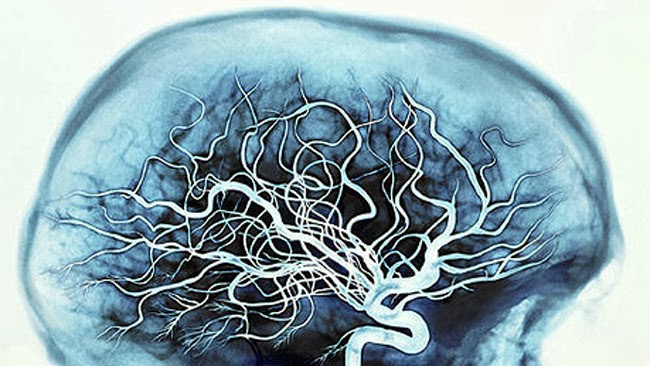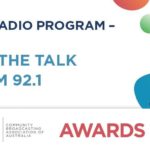Why do human languages resemble each other?
Is it coincidence, or do our brains come hard-wired with a language? A new experiment suggests another possibility: humans adapt language in ways that make it easier for human brains to process.
Linguist Daniel Midgley makes it clearer on this episode of Talk the Talk.
Listen to this episode
You can listen to all the episodes of Talk the Talk by pasting this URL into your podlistener.
http://danielmidgley.com/talkthetalk/talk_classic.xmlShow notes
Julia Gillard’s speech prompts a redefinition of ‘misogyny’.
http://www.afr.com/p/national/macquarie_has_last_word_on_misogyny_NzrQFdWcPJG6G8qLRRiZtK
English used to have a case system, until sound change made everything sound the same
http://www.nexuslearning.net/books/elements_of_lit_course6/Middle_Ages/The%20English%20Language%20Middle%20English.htm
Details of the experiment
http://www.eurekalert.org/pub_releases/2012-10/gumc-psl101412.php
http://www.eurekalert.org/pub_releases/2012-10/uor-lis101512.php
Participants used case for the made-up language just as real languages do. Many languages won’t put an ergative case ending on an animate subject because, hey, it’s animate. Inanimate ones get one, though.
http://en.wikipedia.org/wiki/Animacy#Split_ergativity









